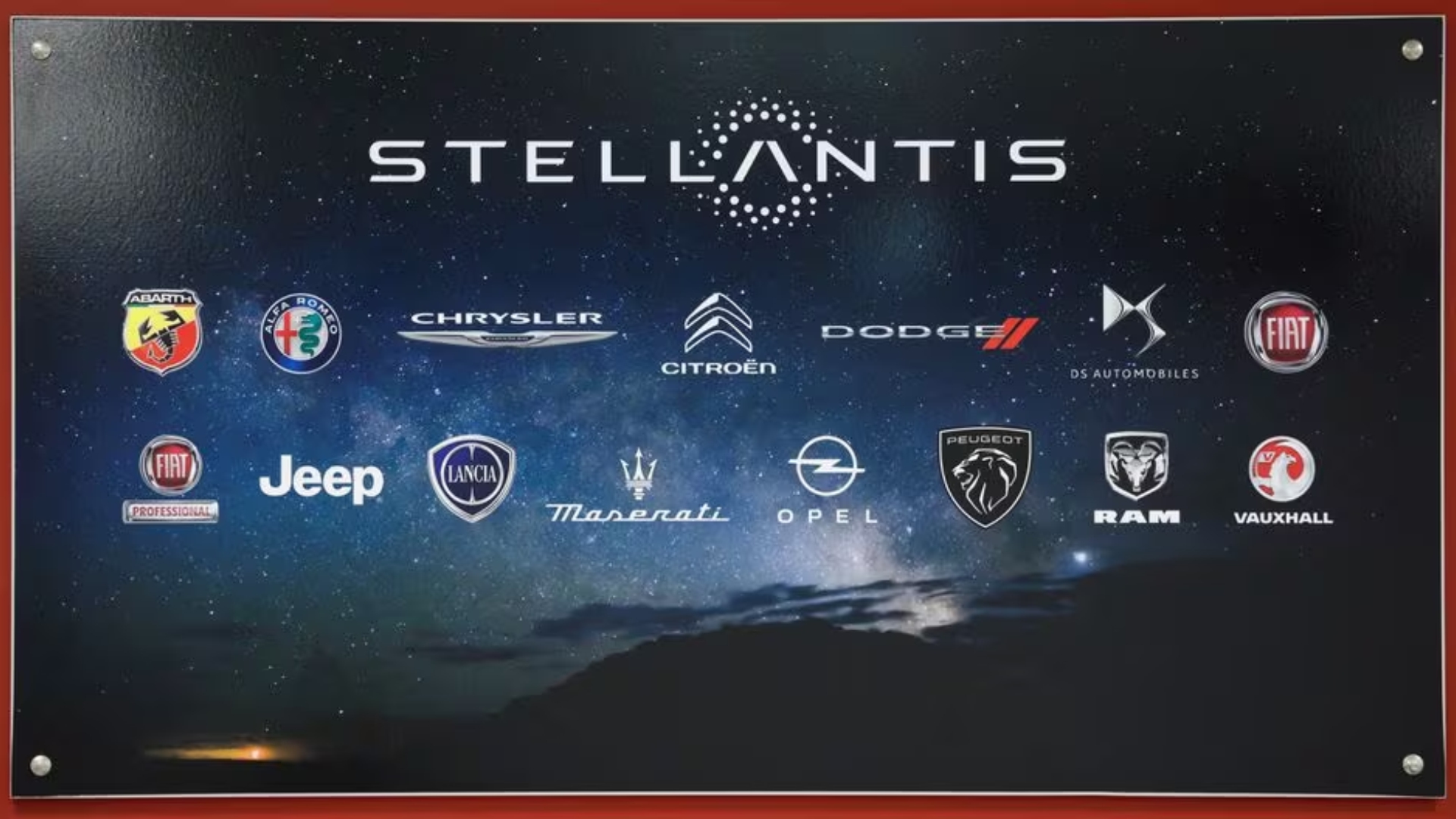ROME, (Reuters) – Italy’s industry minister on Friday criticised Stellantis’ ownership structure and said the automaker had a “problem” with its models and marketing, continuing a feud between the company and the Rome government.
Speaking in the northern city of Trento, Adolfo Urso said Stellantis had an “unbalanced, absolutely not equal” shareholding structure between its French and Italian stakeholders.
Stellantis was not immediately available for comment.
On Thursday, Urso had said Italy was open to buying a stake in Stellantis to match the French government, which owns about 6% of the maker of Fiats, Peugeots and Jeeps via a state-owned bank.
Stellantis’ board has 11 members, five picked by top shareholder Exor, the vehicle of Italy’s Agnelli-Elkann family, and five representing French shareholders, including the Paris government, plus Portuguese CEO Carlos Tavares.
This set-up was established when Stellantis was created from the merger in 2021 of Fiat Chrysler and PSA Group.
Urso also responded to complaints by Tavares that Italy was not offering enough incentives for electric vehicles (EV), holding back domestic demand for them.
“If you don’t give subsidies to purchase EVs, you are putting at risk the Italian plants,” Tavares told Bloomberg in an interview on Thursday.
Noting that Stellantis’ strongest brand in Italy, Fiat, in December was for the first time in almost a century not Italy’s top selling brand, losing the title to Volkswagen, Urso said this was not down to insufficient government subsidies.
“The problem is not with the government, but with the (Stellantis) group. It’s a problem for the company, which evidently needs to review its marketing policies and its models – they should do so”.
Fiat is now just one of Stellantis’ 14 brands, which also include Citroen, Opel, Alfa Romeo and Ram.
Italy is in talks with Stellantis over a long-term plan for its auto sector, which includes a target to boost the automaker’s annual output in Italy to one million vehicles, from about 750,000 last year.
Reporting by Giuseppe Fonte Additional reporting by Giulio Piovaccari in Milan Writing by Alvise Armellini Editing by Mark Potter











